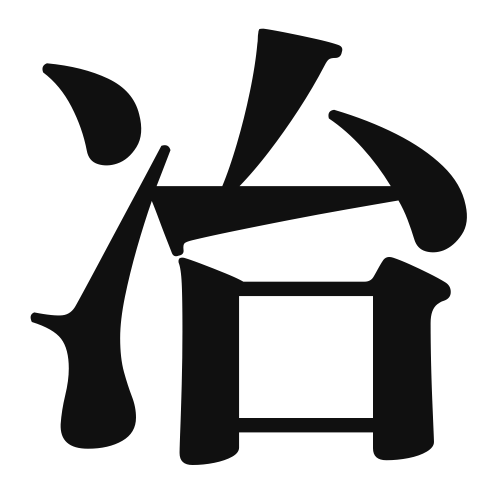1. Overview of Meaning
The kanji “冶” (pronounced “ya”) primarily means “to smelt” or “to refine,” particularly in the context of metallurgy. It refers to the process of melting and purifying metals, which is essential in metalworking and manufacturing.
2. Formation and Radical
The kanji “冶” is a phono-semantic compound (形声文字), which means it combines both a phonetic and a semantic component. The left part “冖” (a radical indicating cover or lid) suggests a protective aspect, while the right part “冶” relates to the act of smelting.
The radical for “冶” is “冂,” which is often associated with concepts of covering or enclosing, reflecting the idea of containing heat during the smelting process.
3. Examples of Usage
Common words and phrases that include “冶” are:
- 冶金 (やきん, “yakin”) – metallurgy
- 冶療 (やりょう, “yaryou”) – treatment or therapy (in a metaphorical sense)
Example sentence in daily conversation:
「彼は冶金の専門家です。」(かれはやきんのせんもんかです。) – “He is a metallurgy expert.”
4. Synonyms and Antonyms
Similar kanji with related meanings include:
- 熔 (よう, “you”) – to melt, which focuses more on the melting process itself.
Antonyms include:
- 冷 (れい, “rei”) – cold, which represents the opposite of heat and smelting.
5. Cultural and Historical Background
The kanji “冶” has significant ties to Japanese culture, particularly in the context of traditional metalworking and craftsmanship. The art of metallurgy has been crucial in Japan’s history, influencing various aspects of daily life and technology.
Proverbs and idiomatic expressions related to “冶” may not be common, but the concept of refining and improving oneself or materials is prevalent in Japanese culture, often symbolizing personal growth and development.
